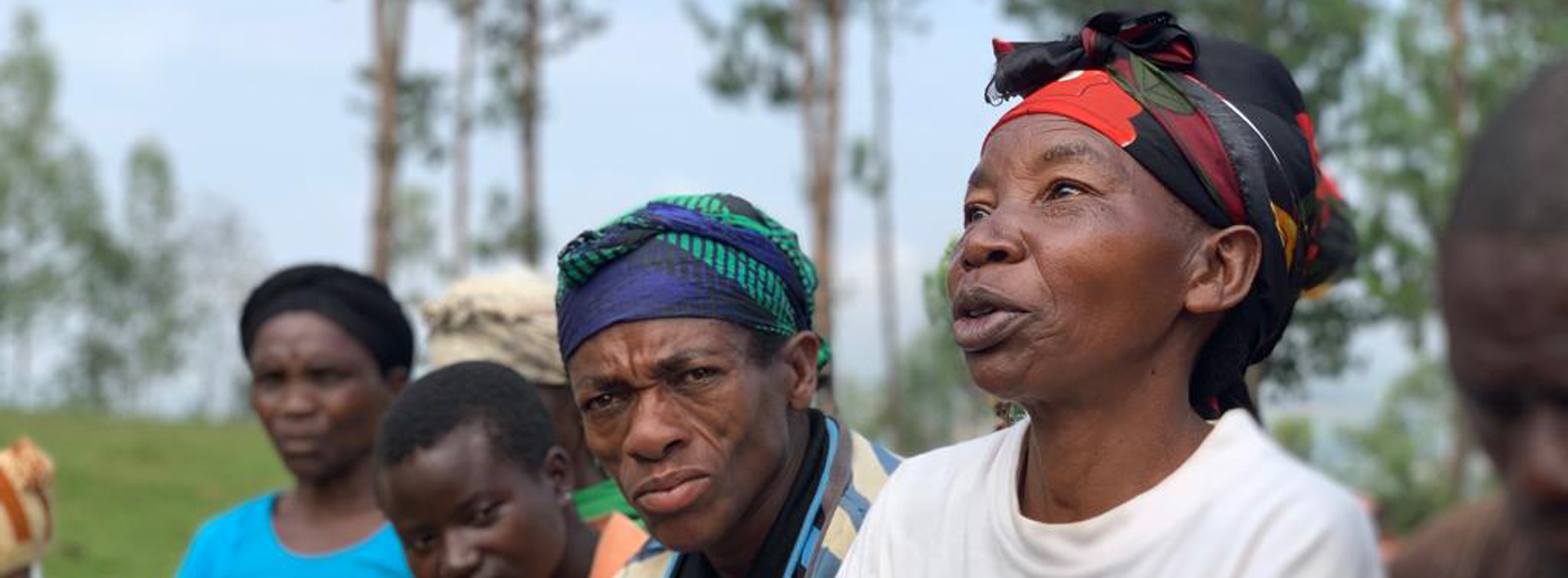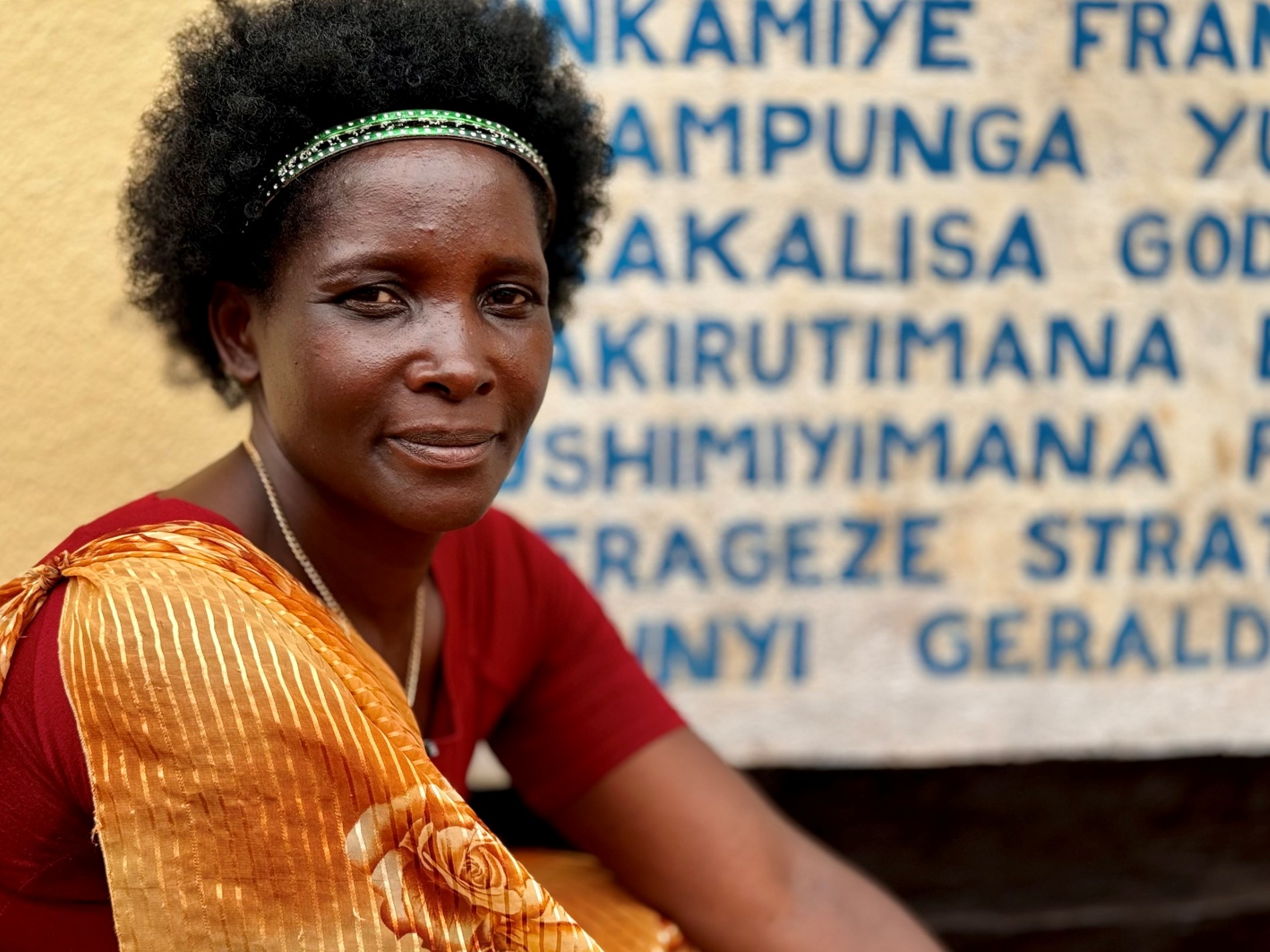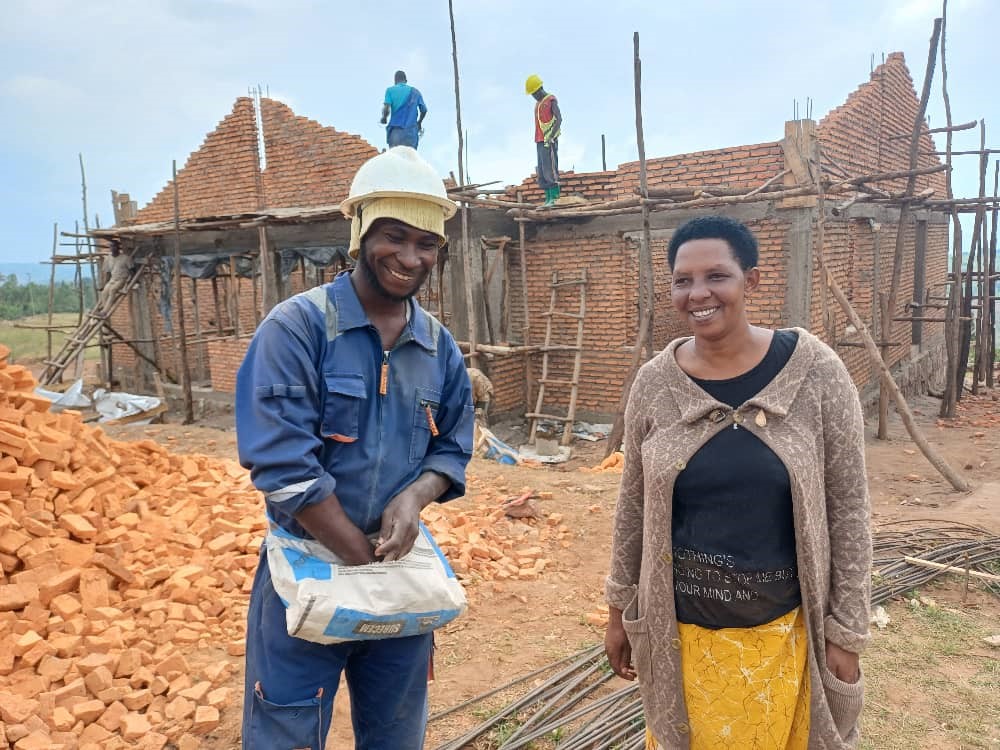“I didn’t want to see another mother needlessly die in childbirth” - Specioza Our organizing in Rwanda began in 2009 in the rural village of Mumeya, where mothers…
Rwanda: Institutional impact rooted in community transformation
“I have noted that the Faith in Action/PICO model of training has helped men and women to build confidence. They are no longer afraid to talk to the political leaders. They are instruments of change in our District. They are the best teachers to teach Rwandans how to build a culture of self-reliance”. – Kirehe Mayor
The new health clinic in Nyarubuye just opened for operation. It will provide critical health services for 15,000 families. This third rural health clinic constructed by PICO Rwanda communities is saving lives, especially in this time of pandemic. This work is creating new economic opportunity and spurring change in how government works for rural Rwanda. It begins with personal and community transformation that undergirds peace and reconciliation.
Once isolated and fearful of each other, PICO Rwanda organizing provides the structures needed for people to connect with one another and build trusting communities. Local leaders channeled this community trust into the organizing energy to build three rural clinics. That trust and collaboration causes ripples of better health services, improving economic opportunity, and changed relationship with government.
In Mumeya, life is changed for 30,000 people. On the isolated hill where people gathered stones for the foundation of a health clinic twelve years ago, a 38-room hospital now serves as a COVID-19 education, testing, prevention and treatment center. Small shops, a community center and new homes have mushroomed around the clinic. Residents have planted more than 2,500 trees to protect the environment. New roads, a community water system and electric lines that feed into homes, businesses and schools now connect people from ten villages. Four new schools have been built. Children are free to focus on their education and young people don’t have to move to Kigali, the capital, to find economic opportunity. We are seeing the same effect in Rusumo and looking forward to tracking the changes that are spurred by the new clinic in Nyarubuye.
PICO Rwanda organizing is changing the way government works. Ground up partnership is replacing top down management. Communities are determining projects, organizing their own resources and then pressing government officials to contributing funds for construction and the ongoing operation of clinics and schools, which in turn creates new employment. In Mumeya, community labor and financial contributions over 12 years have leveraged $3 million in government capital investment for the clinic, new schools, roads, water, electricity, and infrastructure; annual medical services; jobs for local people at the clinic; and unknown private investment in local businesses, churches and community programs.
The Rwandan Government has promoted the idea of decentralization and is learning from PICO Rwanda how it works. For example, the mayor of Kirehe asked Mumeya leaders to train sector leaders throughout the district to utilize the PICO model to unleash the energy of local communities. The former Minister of Health asked PICO Rwanda to organized communities to build more clinics needed to undergird a model community public health system.
This story is being repeated across Rwanda. Last year, 120 leaders organized COVID-19 prevention campaigns that engaged 85,000 people in 40 villages. In the midst of the pandemic, they organized labor to build the new clinic in Nyarubuye, two new schools in Cihya, and a new water system in Nyange. We estimate the immediate financial investment to be $390,000 in 2020. The deeper transformation happening with individuals and in communities cannot be estimated. We are proud to be part of the story.



